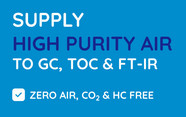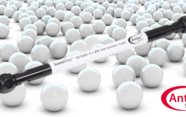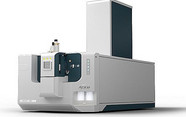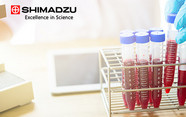Sensitive online SPE determination of bisphenol A in water samples

contributed by Knauer |
An HPLC system with additional switching valves can be used in continuous online SPE operation without time-consuming sample preparation steps
Abstract:
In this application note a method for the sensitive determination of bisphenol A (BPA) from water samples is presented. The use of online SPE coupling avoids time consuming and manual sample preparation steps, making the method well-suited for routine analyses of BPA in low concentration samples like drinking water.
Introduction
Solid-phase extraction (SPE) is an effective preparation method for concentrating analytes prior to HPLC analysis. Classically, this method is done offline via time consuming steps. The advantages of online coupling result in a reduction of analysis time, sample contamination, and analyte loss. This automated method is perfectly suited for pre-concentration of Bisphenol A (BPA) in drinking water. This substance is known for its endocrine effects similar to the hormone estrogen even at very low dosage and is associated with environmental and health problems. Derived from various studies a maximum entry of <1 µg/ml is expected in cold drinking water. In warmed-up water (70°C) a concentration of up to 30 µg/ml is possible. All these facts make it inevitable to establish a fast HPLC method that reaches very low detection limits for BPA.
Log in or register to read this article in full and gain access to The Analytical Scientist’s entire content archive. It’s FREE!

















